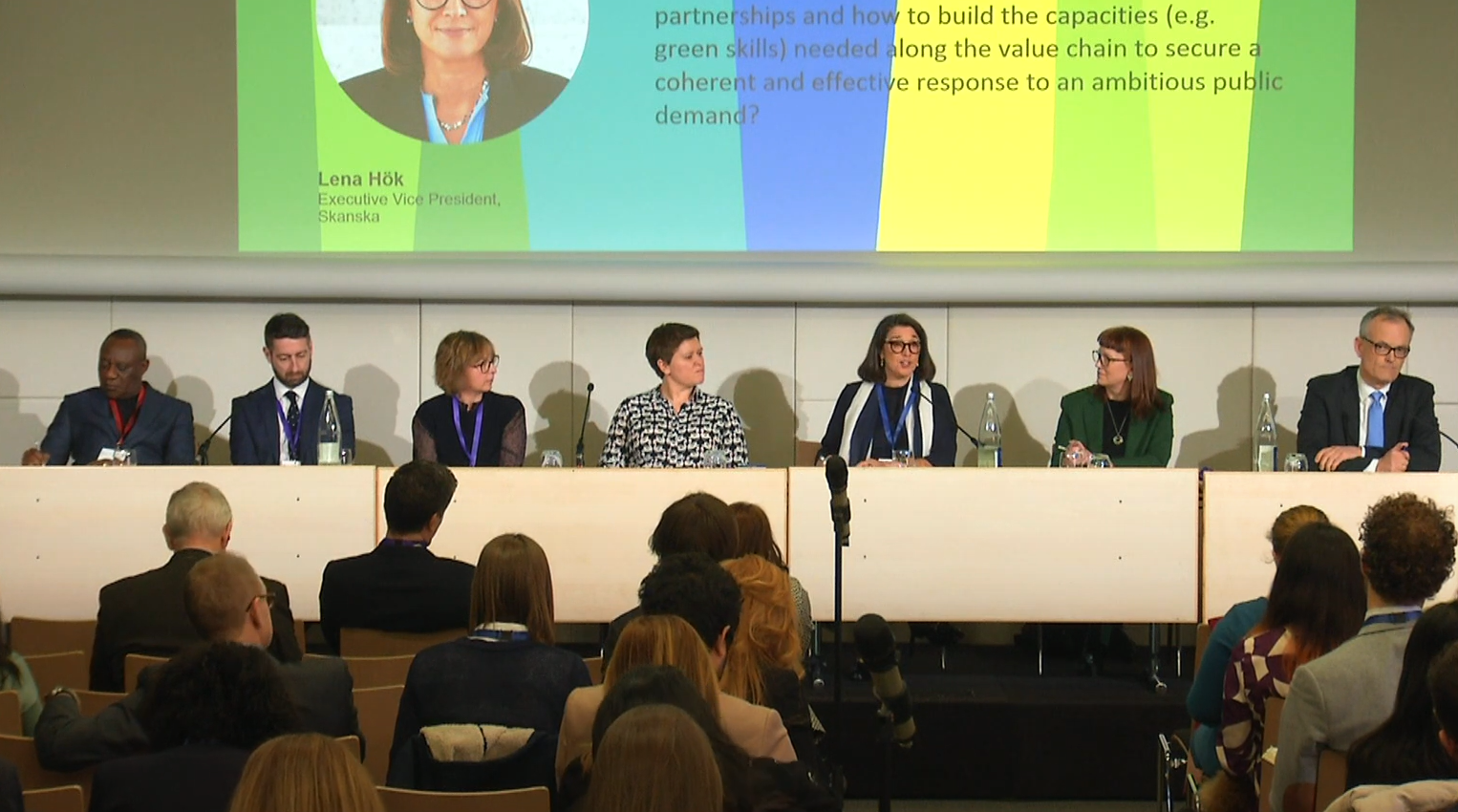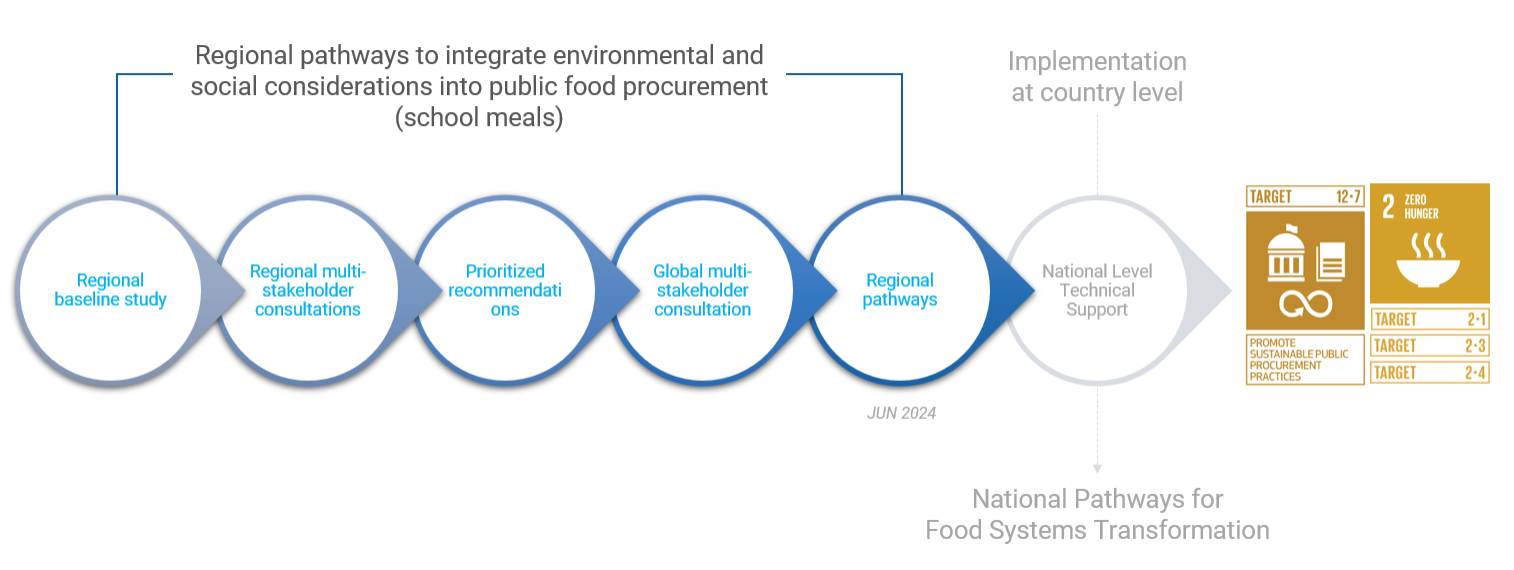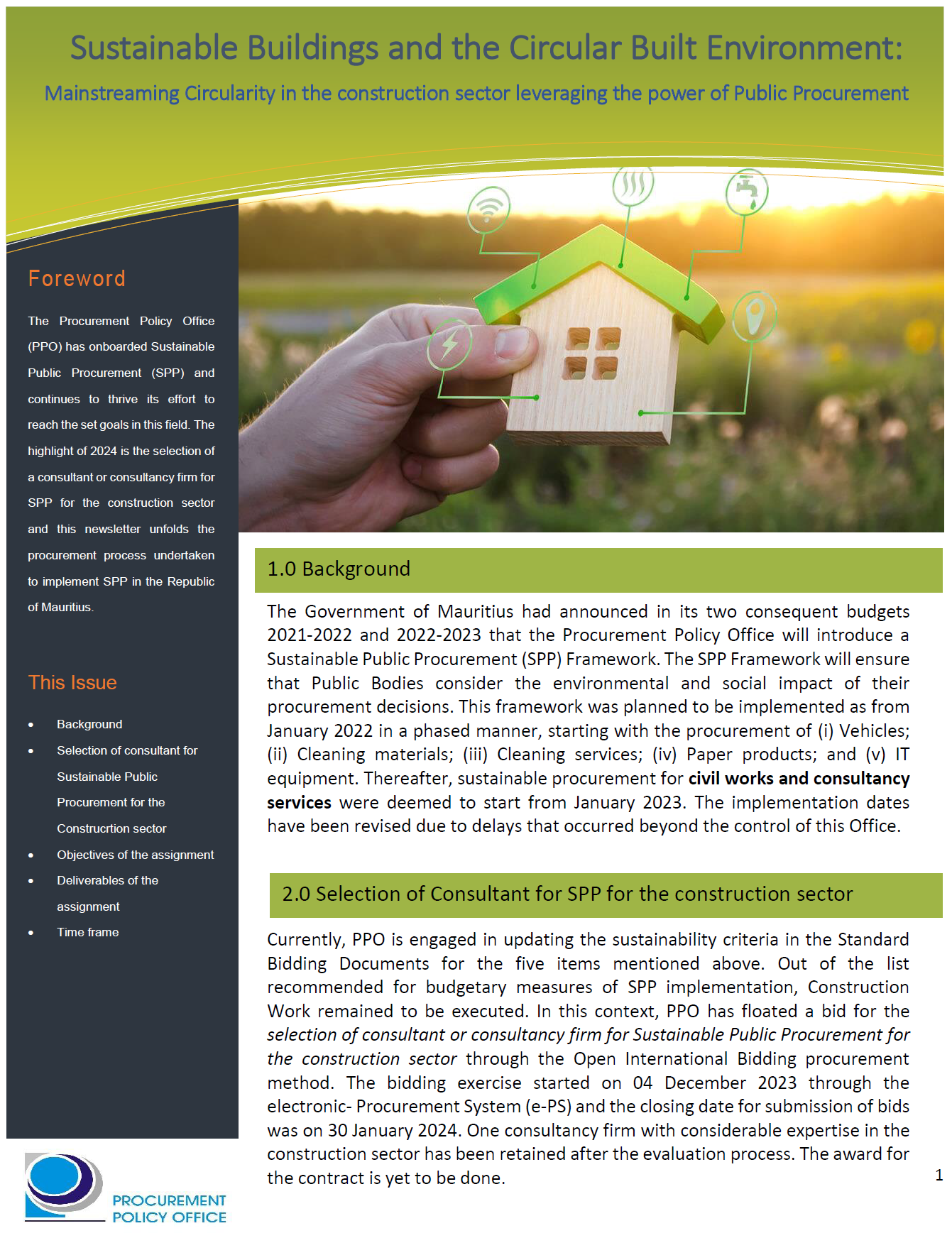Green Acre Living: Balancing the books and giving a voice to sustainable family farmers.
Contemporary economic models are at variance with our increasingly urgent need to develop the sustainable use of natural resources, especially for the development of sustainable food systems.
Green Acre Living aims to provide a link between the best practice knowledge and experience of sustainable Family Farmers and the academic rigor of scientific sustainability researchers.
Insights gained will be shared through our multimedia website for the benefit of small scale farmers and activists.
The primary objectives of this initiative are to
1) Promote broad based awareness of the role of small scale farmers in sustainable food systems,
2) Understand how to separate contemporary economic growth thinking from the truly sustainable management of natural resources.
3) Establish an online repository of practitioner stories, research, and ultimately best practice tutorials to cover all aspects of sustainable farming, local economies, and natural resource management
Objective One: Promote broad based awareness of the role of small scale farmers in sustainable food systems.
Consumers in markets that consume the most are generally unaware of the volumes of food that are produced by small scale farmers. These farms are often family owned and run and manage to rely on ancient ecologically sound production methods and effective natural resource management to feed local communities.
Objective Two: Understand how to separate contemporary economic growth thinking from the truly sustainable management of natural resources.
Contemporary economic models are arguably based on extraction of natural resources. Small scale sustainable family farmers recognize the value of environmental resources like from soils to water systems and are often expert at the workings of local community based economies. We need to find ways to synchronize the community and environment based economic paradigm of the family farmer with High Street economists.
Objective Three: Establish an online repository of practitioner stories, research, and ultimately best practice tutorials to cover all aspects of sustainable farming, local economies, and natural resource management
Their is a vast knowledge of sustainable land husbandry held by small scale Family Farmers. This knowledge, once freely shared within their communities, needs to be collected, evaluated against contemporary scientific understanding and once again shared with the global community of true land custodians, (Family Farmers).
Our overall objective to to reestablish the connection between consumers and the farmers, between generations of farmers and generally between people that consume without thought of the origins of food and those that are ultimately the guardians of our global ecology.
Tested through the appropriate application of emerging scientific understanding, this knowledge can contribute to greater awareness of food systems while encouraging the development of sustainable resource custodianship.
Development of a website to host all social media components.
Establishment of sustainable food communities that will commit to formulating an action plan for sustainable family farms in their region.
Recording and publishing of podcasts
Recording and publishing tutorials that facilitate the implementation of sustainable food production systems. The program objectives have to date been undertaken through face to face meetings and the facilitation of interaction between consumers and small scale farmers. The reaction to these meetings, from all sides, encouraged us to examine a way to expand the process.
We have found that those farmers that are closely aligned with traditional farming practices, especially when those practices are grounded in indigenous knowledge systems, are very free with the sharing of production methodologies and land custodianship philosophies. Additionally their participation local economies impact on not only the trade of goods but also reflects a significant investment in community and social capital. Our challenge now is to make this knowledge known to an even wider audience.
A series of shareable video's, printed tutorials and shared online calls were very well received by especially these that identified as emerging farmers, (young farmers as well as traditional farmers). Lessons learned from these interactions were eagerly implemented and in some cases food communities were spontaneously formed following interventions. It was the outcomes from this activity that inspired the creation of an online social media based platform that could be used to reach an even wider audience. People who are actively engaged with the current outcomes of contemporary economic paradigms are less enthusiastic and regard any proposed changes to the existing "way of doing business" as unlikely to succeed. Much work needs to be done in this regard.
We anticipate that through this project we can encourage the development of up to 100 regional action plans globally for the establishment of sustainable farming communities, supported by sound scientific knowledge inputs. These action plans will include implementing developing economic thinking, as a way to divorce small scale from from essentially attractive economic habits.
By sharing interviews and profiles of multiple farmers representing multiple ecologies from around the world, together with inputs from scientists and academics focused on nurturing and preserving our natural resources as well as those focused on uncovering new economic models, we aim to facilitate dialogue, motivate, teach and inspire the next generation of small scale sustainable family farmers. 1) Individual farmers or groups of farmers that subscribe to the ideals of sustainable family farms that grow good clean and fair food can contact us directly geoff@greenacreliving.com
2) Farmers and/or elders that are custodians of indigenous knowledge systems who would like to share their knowledge can contact us directly geoff@greenacreliving.com.
3) Scientists, economists, academics and researchers are always welcome to contact us at geoff@greenacreliving.com.
4) People that are willing to drive the process of achieving this projects objectives for a specific region are encouraged to contact us at geoff@greenacreliving.com.
5) Funding and support for our activities will be gratefully recieved. Contact us at geoff@greenacreliving.com.
External source(s)
Image

Project start date
01/12/2019
Project end date
30/11/2020


